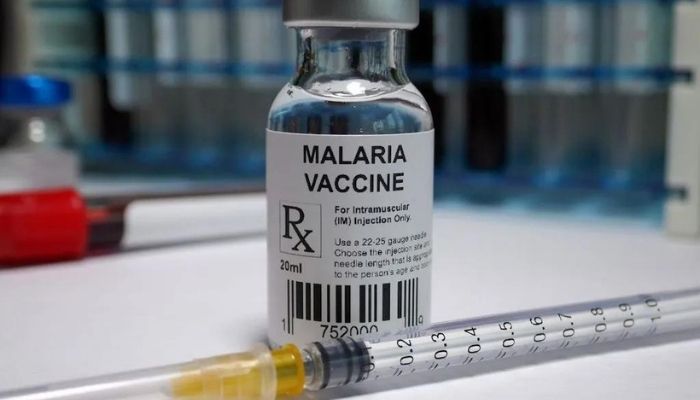Malaria, a perennial health challenge in Nigeria, has met a powerful new ally: an effective malaria vaccine that is already making a significant impact in Kebbi State, known as Nigeria’s most malaria-stricken region. Since its introduction in December 2024, the vaccine has helped reduce the prevalence of childhood malaria cases, while easing the burden on families and healthcare workers alike.
At Birnin Yari Primary Healthcare Centre in Jega, Kebbi, early mornings are filled with families seeking care for their children. Dr. Muawiya Sa’idu, the Officer-in-Charge, notes that while the clinic used to see about 30 cases of malaria in children daily, this number is now steadily decreasing thanks to the vaccine rollout. This decline eases the intense pressure on health staff who manage not only treatment but also continuous caregiver education and follow-ups to ensure treatment completion.
The vaccine’s introduction has been met with overwhelming relief among parents. Ismail Jega, a local farmer, shares his experience: “Malaria was a constant worry, with my children falling ill multiple times a year, bringing financial and emotional stress. The vaccine gives us hope for a healthier, more secure future.” Many caregivers echo this sentiment, appreciative of the potential to prevent severe illness and reduce costly hospital visits.
Kebbi’s high malaria rates stem partly from the extensive rice cultivation—stagnant water beds perfect for mosquito breeding—and its geographical location. Nigeria carries the largest burden of malaria deaths globally, particularly affecting children under five.
Public health experts, including Ahmad Muhammad Sani of Kebbi State, emphasize that the vaccine is most effective when fully administered as a four-dose series. They also stress the importance of maintaining existing preventive measures like insecticide-treated nets and indoor spraying to maximize impact.
However, challenges remain. Logistic difficulties in reaching remote areas due to poor infrastructure and a limited cold supply chain threaten to impede vaccine access. Experts call for robust government and community collaboration, including employing religious and local leaders to boost vaccine acceptance.
Despite these hurdles, the vaccine rollout represents a groundbreaking step forward in Nigeria’s fight against malaria—a disease that has long drained resources, affected child development, and caused widespread hardship. The ongoing efforts in Kebbi can serve as a blueprint for expanding malaria vaccination programs nationwide, promising a future where fewer children suffer and communities thrive.
More than news- Its Icegate

